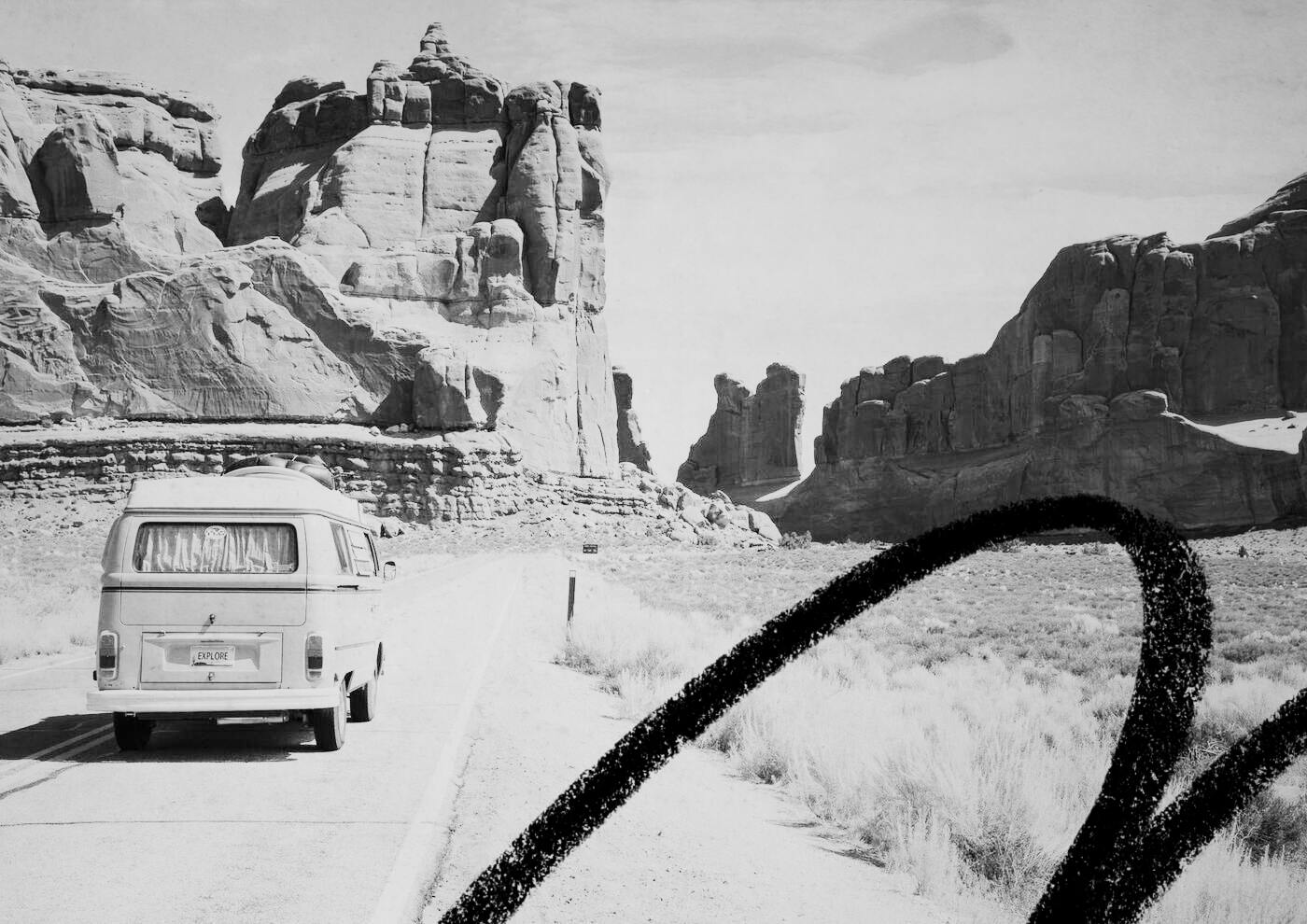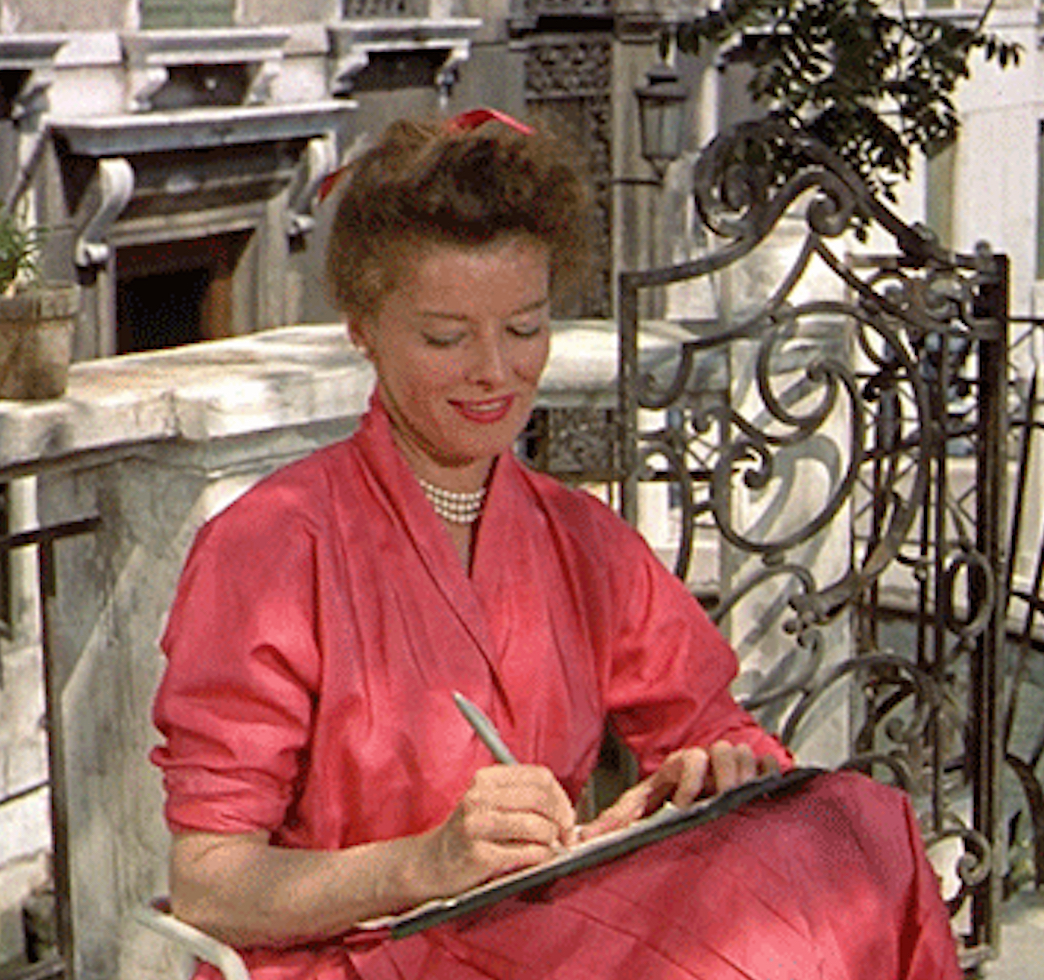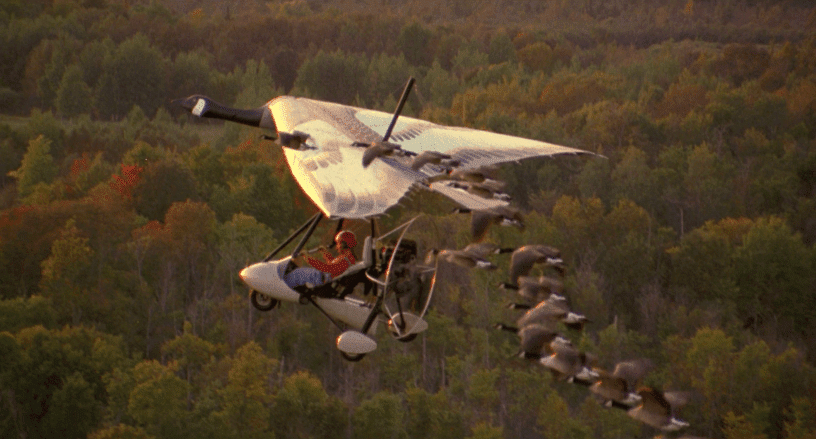
“Writing is a risk and a trust. The best of it lies yonder.”
—C.D. Wright
Hello, readers and writers, I missed you last week—I was on the road!
I’m back home now for the foreseeable future, but like some of you I’ve had a summer of travel. After I got vaccinated, it took me a couple of months to feel comfortable even leaving my house again. But by June, I’d decided I needed some new things to look at, and drove my Subaru back East, where I’m from—Vermont, New Hampshire, Maine, New York, then through Virginia, my mother-in-law in South Carolina, North Carolina for a bit, and back to the Midwest by way of Louisville. A month later, I flew to NYC for a week to stay in sunny Brooklyn, USA, at my dad’s house with a couple of Every writers and friends of Every. I also visited Massachusetts, where I’d lived for a few years, and Vermont before flying back (masking and at-home Covid testing throughout, y’all—and with Delta rising, I’m staying put). I live in the Midwest temporarily, while my husband is getting his PhD, and I’ve never felt very connected to this place. But after all of that? Honestly, it’s nice to be home.
Being away and moving around so much also gave me a lot to think about—and a lot to write about.
But how did I write? Did I write? What does writing mean when you’re on the road?
How do you find a place for writing, wherever you are?
Whether it’s your yoga, daily running, practicing scales on the flute, or your writing, it’s really hard for most people to keep up with their habits when they’re away from home.
Practically, there are a lot of ways to write when you’re on the road:
- Be gentle with your practice, replacing the daily journal with small jottings in on app or a pocket-sized notebook on what you see and hear, forgetting about recording your interior life for a while.
- Traveling with an objective to record such and such about a place—dress and custom, food, landscape.
- Some people travel just for the retreat—a place to write without the distractions of everyday life. That comes with its own preparations, mind games, privileges, and gifts.
But if you search the Q “how to write while traveling” on the ol’ internetty, 99% of the advice you’ll find consists only of the following:
- Don’t forget to bring your laptop or a pen and notebook!!!!!!!
- You must maintain your typical writing schedule, 1-2 hours a day, plus morning pages, make sure you set aside the time!!!!!!
- WRITE AT BUS STOPS AND WHILE WAITING FOR MEALS, YOU COWARD!!!!!!!!!!!!!!!
Realistic.
That’s right, people will tell you to KEEP YOUR WRITING PRACTICE UP OMG YOU WILL NEVER BE A WRITER IF YOU DO NOT WRITE EVERY DAY OMGGGG.
I don’t know about you guys, but no. Great if you can, I guess, but not for me!
In fact, I kind of think this is BULL SHIT!
BULL SHIT.
BULLSHIT.
BULLSHIT!!!!!!!!
The perfect manLet’s just get this one out of the way: If you’re a writer, you’re a writer all the time. Could not put it better than this:
Don’t get me wrong: keeping a journal to help capture thoughts is a gift you can give yourself every single day, and if you can keep it up while you’re in the haze of the road, that’s amazing and I applaud the shit out of you. I wish I could do it! I try to do it. But damn, sometimes I can’t! Traveling is crazy! Your brain is filled with new things to look at, people to talk to, sounds and tastes and smells!
How are you supposed to both experience and appreciate all of that and integrate it into your writing practice?
If you don’t write at all while you travel, especially if it’s for a vacation, I believe that this is ultimately fine and good. Suspending your flute scales for a few days of relaxation doesn’t mean you’ve quit any more than taking a break to recover from a pinky injury would. While it’s great to record what’s happening as it happens, everyone needs a break.
For me, writing doesn’t go away, but it changes when I travel, just like everything else. Rather than pressuring ourselves to “keep up the writing” when away from our desks and books and normal schedules, maybe we should be thinking about how travel changes our writing—when we’re on the road, and when we get back home.
I feel like I speak about this with some authority, because honey, I’ve been on the road.
My husband and I lived in “Van Bryan,” a retired Forest Service Ford, for a year with our dog Utah. Here we are in Florida. I think. I think we just got married or are about to! Damn, I should have written it down.And this is the interesting thing. Travel for me has become a way to access a different kind of writing than what I do at home. When my husband and I left Montana for the road, I had just gotten my Masters in poetry—I didn’t start writing essays until traveling, and I ended up publishing a story on our trip in Elle magazine. These days, when nonfiction takes up so much more of my daily brainspace, I write more poetry on the road in five days than I will at home for a year. On my solo trip around the East Coast this year, I actually made progress on a novel—it had started in drips and drabs at home, but I didn’t piece a single thing together until I was somewhere different, where I could get some perspective on the characters and on my self.
We put ourselves in boxes, and we travel to break out of them. Why think of writing any differently?
Do I wish I could access that kind of creative productivity in my home-place? I do. But different kinds of output require different kinds of input. I can’t say the same will just reveal itself to you, but be open to the possibility that the you with just a suitcase is a real part of you that might have something to say, a different way of seeing the passage of time, a different outfit that inspires a different kind of interaction with the world—that might lead to a different kind of record and a different kind of expression.
Maybe writing while traveling means keeping up with your morning pages and daily practice. Or maybe it means taking photographs and reflecting on them back at home, how what you saw can integrate into your daily reality. It might mean taking a lot of notes, on things you overhear at coffee shops or on buses or planes. It might mean sketches of flowers that don’t grow where you live, or the outcroppings of a different reality (I also sketch when away and almost never do at home).
It might mean just reading. Read the people around you, read a book about the place, read street signs and billboards and landscape. It’s great if you journal through it all, but reading is writing, and you’ve just stepped into a new world entirely, seeing a new face in the mirror at the same time. Quoth Melville, “I but put that brow before you. Read it if you can.”
The Writing Place
In a way, all writing is travel writing—it takes you somewhere you aren’t. Back in time, through space, along your weird and tangled paths of thoughts. In this way, all living is traveling. How can your travels make you see the things about your home life differently, or just more clearly?
When I was in Brooklyn, Dan and Nathan were also away, celebrating Dan’s birthday in Tulum. A few weeks before we all embarked, Dan had asked:
“How do I stay in a place where I feel like I can connect with myself enough to write even when I’m running around all day?”
Dan meant “when I’m busy, how do I write?” but what really stuck with me was the idea of “staying in a place” for writing.
I want to write a lot more about that in future posts. For now, here’s my convo with Dan about this, which took place after we had both returned home:
Rachel
What was writing like while you were away
Dan
i had a mental note that i wanted to write
but also that i knew i wanted to take a vacation and i didn’t want to pressure myself
so something like: creating the conditions for inspiration to strike, and if it did i wanted to take advantage of it rather than cutting it off
so i kept a notebook and a laptop around
i did a good amount of reading of the type of stuff that often makes me want to write
(recently: jonathan gold food reviews)
but i didn’t end up doing very much, i ended up being with friends almost all day every day and not having a lot of time to myself to let my mind wander and really get inspired
i ended up doing a little bit of writing last night after i got home, just journaling at a restaurant in the neighborhood with my girlfriend over drinks and snacks
which felt really good
and i did more journaling this morning
in case it’s helpful what i meant by “stay in a place” is something like:
there are mind states for me that i associate with writing. it’s something like the mind state where i can pass a puddle on the street and marvel at how beautiful it is, or look at the shadows being cast by a tree and feel emotion from it
or look at a person and try to pick out the qualities in their personality that are most them to me, and try to figure out how i would say it and what i would put my finger on
it’s a state where i’m noticing interesting words that i’m reading and writing them down in a notebook
and i’m juiced up by a book or a poem that i’ve been reading and i want to figure out how it works and try it myself
but i feel like in my work life there's always so many emergencies going on that i’m not often in that “place” mentally and emotionally
i feel like i want to almost avoid journaling
one because it feels like a waste of time and in these moments my attention span is so limited that i feel like i can't even properly focus
but two because it’s almost like i don’t even want to know how i’m actually feeling
like if i looked at it too hard it might be a problem that i don’t really want to have to deal with until i have more time
Rachel
your description of “the writing place” is really beautiful man
and so fascinating because that description reminds me of how much better i am in some ways at accessing the writing place from a place that isn't my home place
i wonder if you found yourself in Tulum marveling at puddles? like, i find that i am better at the marveling part and at the ‘picking out the qualities of a person’ a la Rachel Cusk, and the kind of close separateness that good poetry requires, when i’m away
Dan
yeah i’m not sure, i do think going new places can help but i also find you can see your same place through fresh eyes and that does the trick too
there are some activities that help me with that like meditation for example
or buying flowers and smelling them or watching them open
or sometimes running or going to a religious service or something
Rachel
but the marveling and the record of the marveling don’t have to both happen. you can take the marvel home and back into your practice
Marveling at Home
That’s the thing about writing: you can always come back home. You might find that home on the page or in your notes app when you’re traveling, inspired by the newness or by the old familiarity of a place, or you might not write at all, getting ready to encounter your home again and record that reality anew. George Oppen wrote:
“There are things
we live among
'and to see them
Is to know ourselves.”
It’s possible to put in the work to “see them” when you’re with them all the time. But one of the reasons we travel is to come back home and see old things in a new way, or to appreciate the oldness of things, newly. Sometimes it’s a matter of missing, and sometimes it’s a matter of perspective, and sometimes it’s both. So no matter what you experience with writing on the road, when you get back home, try to define it.
That’s your exercise for this week: What is home?
Try writing for a half an hour wherever you normally write at home. Then go somewhere else—take your notebook on a hike, or to the water, or a bar or café down the block or in the closest town to you. Now try again, for thirty minutes, but I bet you’ll go longer: What is home?
Please @ me on Twitter if you know what this is with your favorite quote or scene 😭Song of the Week
The Traveling Kind, by Emmylou Harris and Rodney Crowell
“We’re still around, we’re still traveling.” What more needs to be said?
Ask Me Anything!
What topics on writing and editing will TLC cover? I want to answer your questions directly! If there’s anything you’ve wanted to ask an editor, or me specifically, please email me at rachel@every.to (or post in the #writing channel if you’re a paid subscriber in our Discord). I won’t be able to respond to everyone directly, but I will choose from your questions to address in this space, and will thank that person by name unless you request to be anonymous. Questions about process, maybe something you’ve heard writers talk about but you don’t know what it means, or even advice stuff like what’s a great book to read when you’re falling in love? or how do I get into poetry? I can’t wait to see what you come up with!
Move on, fellow travellers…
Rach
Don’t forget to subscribe to get The Long Conversation in your inbox each Monday! Every week you’ll get my answer to a question in writing, reading, and editing, plus writing exercises and prompts, tips and ruminations. Subscribing to The Long Conversation gets you access to paid posts, where I often share specific exercises to help you improve your writing, and it gets you access to all our newsletters and podcasts on the startup world, as well as an invite to join our Discord, where we have Deep Chats about Big Stuff, and share a lot of laughs. It also just supports the creation of this newsletter! If you're getting something out of TLC, throw some back at me.
Find Out What
Comes Next in Tech.
Start your free trial.
New ideas to help you build the future—in your inbox, every day. Trusted by over 75,000 readers.
SubscribeAlready have an account? Sign in
What's included?
-
Unlimited access to our daily essays by Dan Shipper, Evan Armstrong, and a roster of the best tech writers on the internet
-
Full access to an archive of hundreds of in-depth articles
-
-
Priority access and subscriber-only discounts to courses, events, and more
-
Ad-free experience
-
Access to our Discord community










Comments
Don't have an account? Sign up!